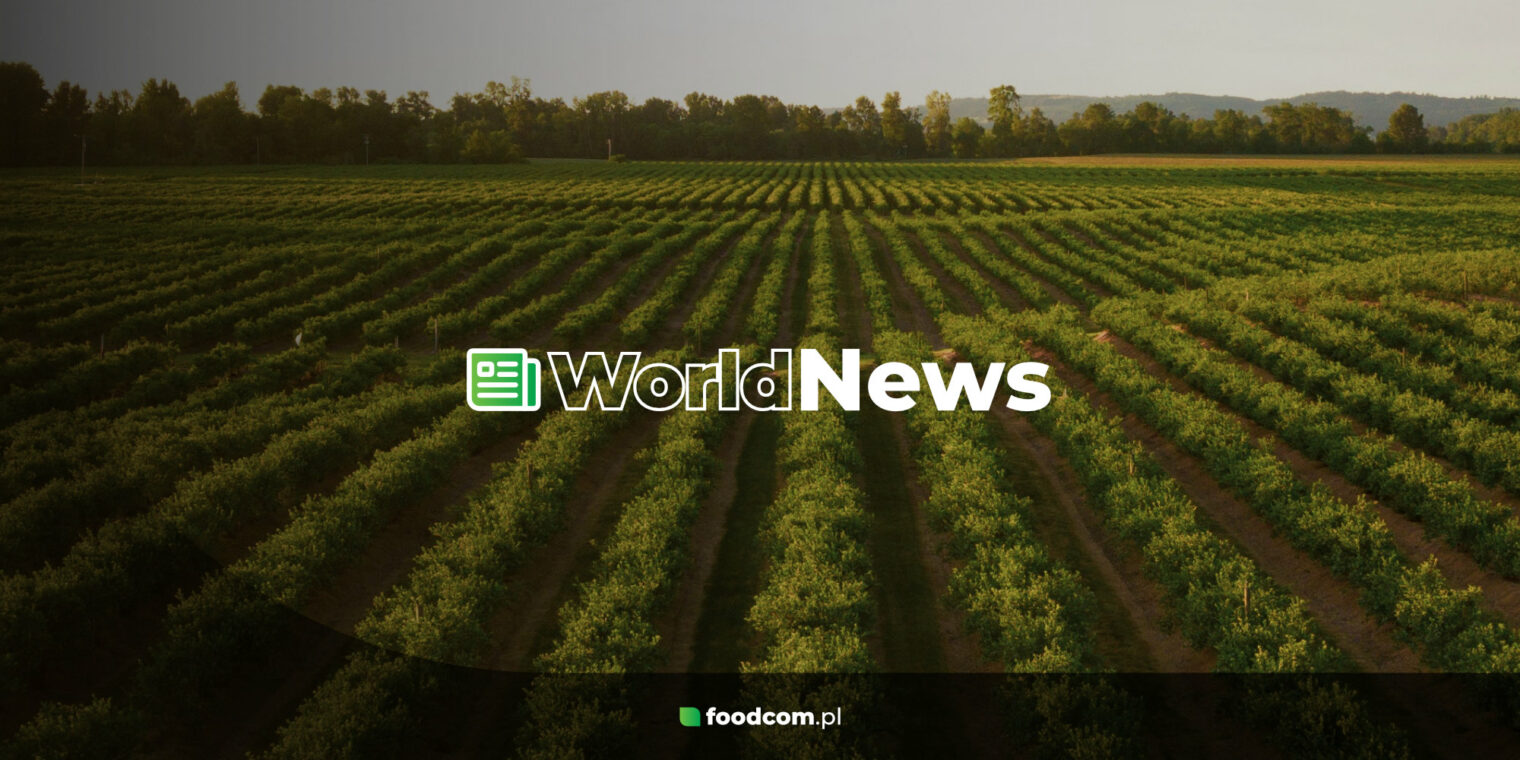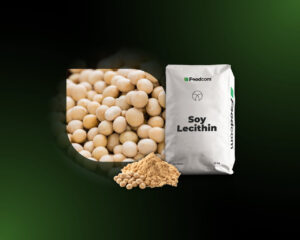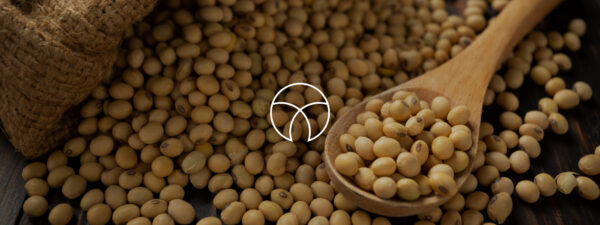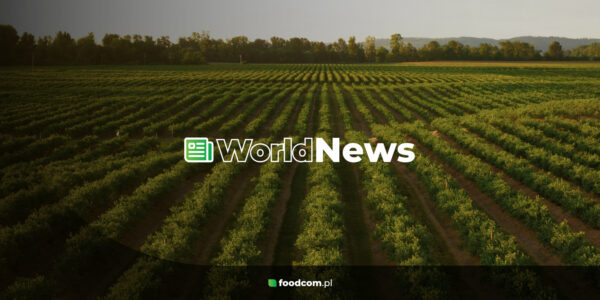- Deforestation of the Cerrado worsens the local climate, reducing rainfall and increasing soil dryness.
- Due to logging, the region has lost an estimated 34 million tons of soybean production potential since 2008.
- Lost crops represent approximately $9.4 billion in lost revenue and a growing risk to the future profitability of farming.
Climate change caused by logging weakens crops
The latest Zero Carbon Analytics study, which includes analysis of data from 2013-2023, confirms that intensive deforestation in the Cerrado, one of Brazil’s most important agricultural zones, is leading to a marked deterioration in local climatic conditions. The loss of native vegetation means less rainfall, drier soil and higher temperatures, which directly affects soybean yields.
Although producers are introducing modern cultivation technologies, the negative impact of climate change is proving stronger, reducing crop efficiency and increasing vulnerability to drought. Experts stress that the Cerrado, dubbed the ‘cradle of water’ of Brazil, is crucial to the stability of the country’s entire hydrological system.
Billions lost and risks to the market
According to the analysis, which includes data from 840 municipalities, the lack of deforestation since 2008 would have allowed for an additional 34 million tonnes of soybeans, corresponding to US$9.4 billion in lost revenue. This is about 8% of total production during the period studied.
The authors of the report warn that if deforestation continues, the region could face even greater declines in productivity in future years. In an extreme scenario, parts of the land could become too dry to sustain a profitable soybean crop, which would not only affect farmers in Brazil, but also the global market, which depends on Brazilian exports.








